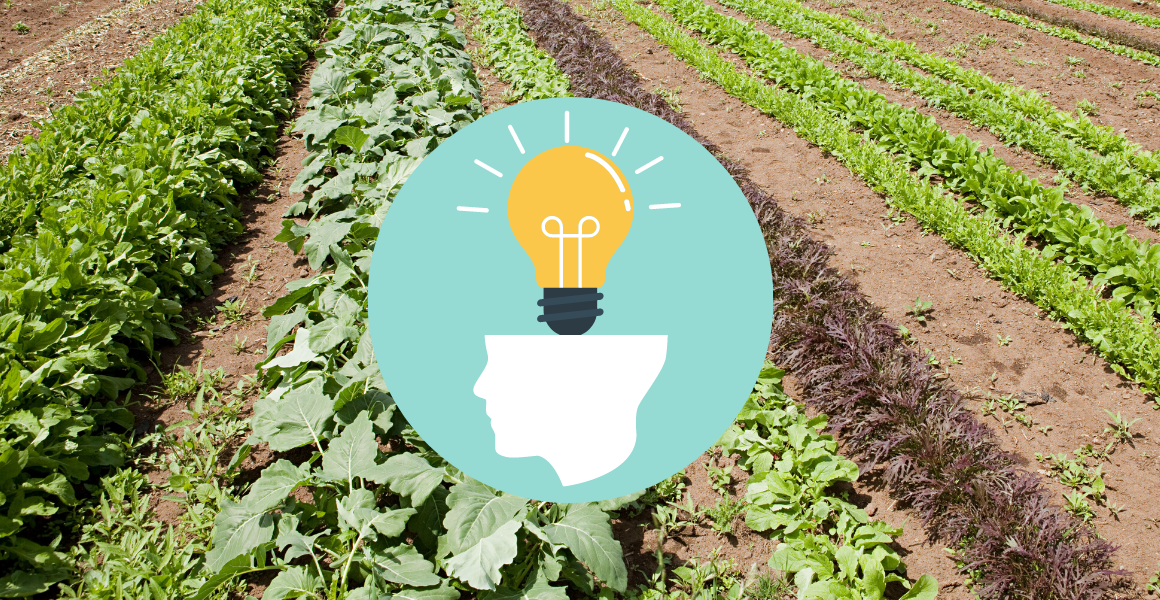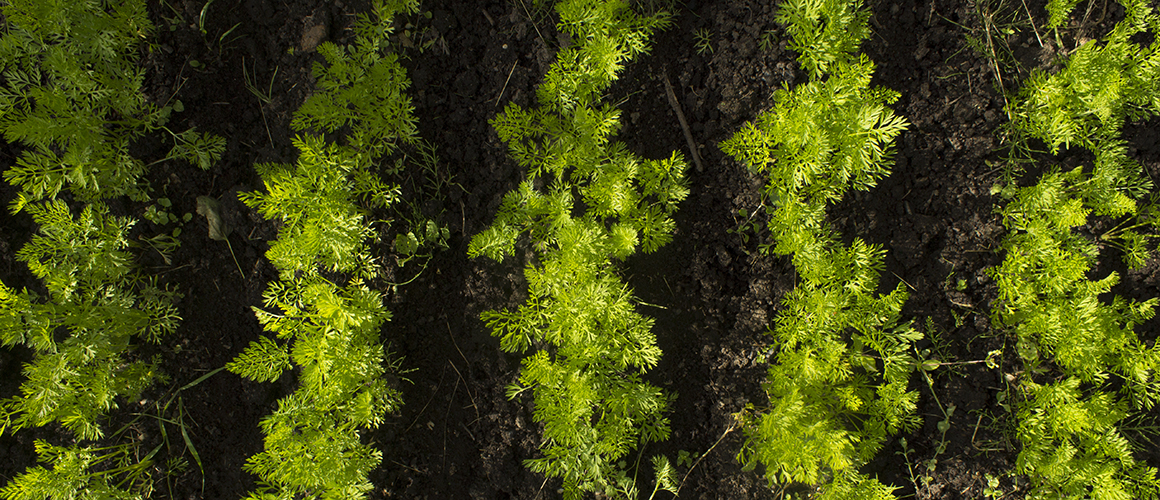
Vegetable Crop Nutrition Masterclass reaps online rewards
18 August 2020
Adoption of precision systems technology in vegetable production
18 August 2020Multiple heading, or “blindness”, is a physiological disorder which can affect up to 20 per cent of lettuce crops in Australia.
Highly prevalent in New South Wales and Queensland during the summer months, blindness occurs when the main apical shoot or growing tip of the lettuce is lost during the seedling’s early growth.
Lettuces seldom recover from blindness, developing into a distorted, unmarketable plant.
Another issue facing seedling producers is transplant shock – a check in growth that can occur when seedlings are transplanted from the seedling tray into the field.
Stresses due to root damage, changed environment or water stress can all contribute to transplant shock, resulting in poor plant stands and a lower percentage cut of good-quality lettuce.
Click here to read the findings of a Hort Innovation-funded project, which examined blindness and the resulting problem of multiple heading, as well as transplant shock and its effect on harvestable lettuce yield.
Controlling multiple heading and transplant shock in lettuce (VG12017) was a strategic levy investment under the Hort Innovation Vegetable Fund.


